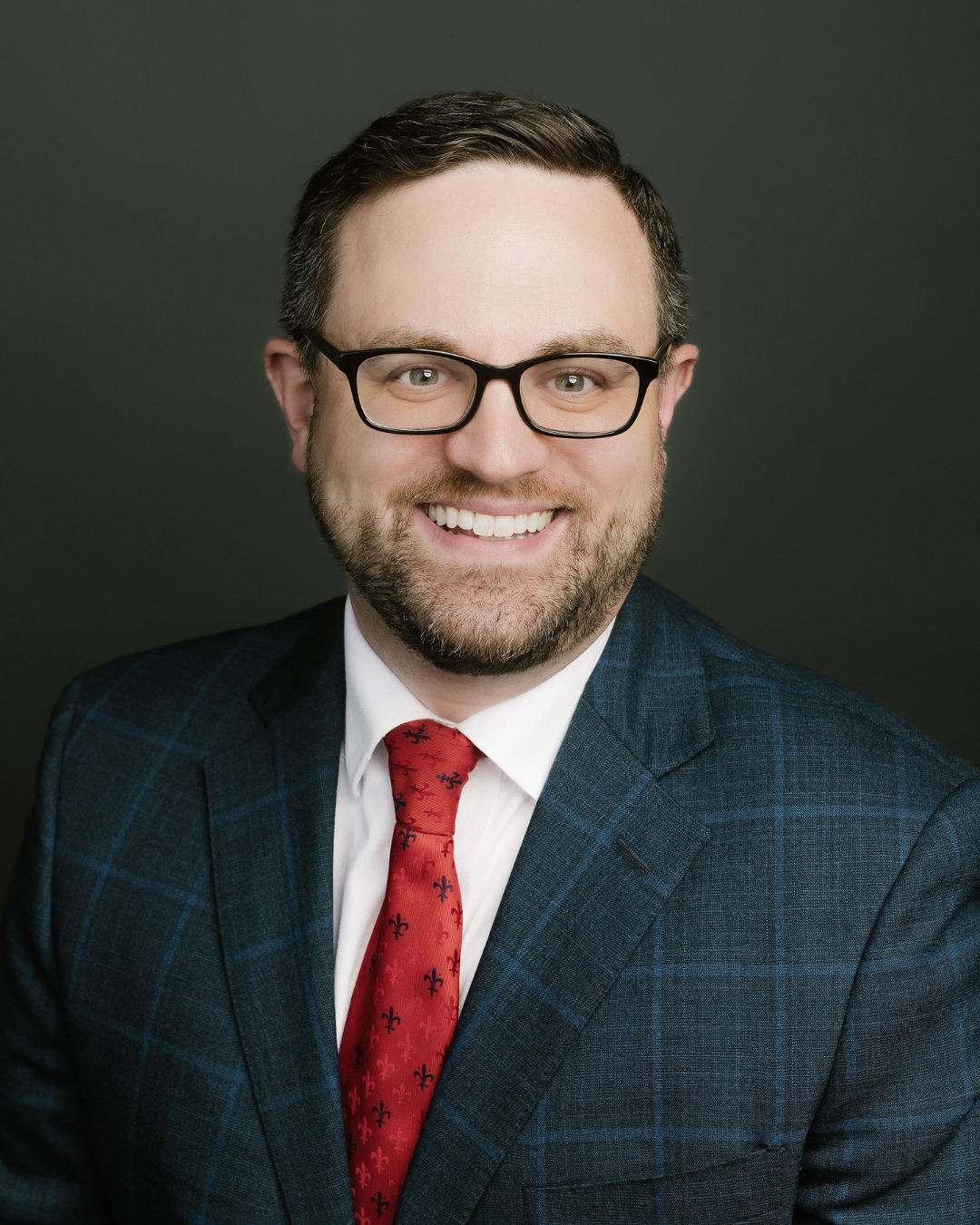Our Firm?
MCCLELLAND LAW FIRM
Bringing People Together
At McClelland Law Firm, we believe that limiting our practice areas provides the greatest value to our clients. To us, value means providing exceptional service and efficient processes for each of our practice areas. We are committed to compassionate representations, especially as it relates to elder law. No one should feel pressured, controlled, or “talked down” to in any meeting. Every client deserves to be heard and understood.
Estate planning helps ensure that your assets will pass to those people you designate in a manner that will give them the maximum benefits. It helps reduce or eliminate the tax burden on your estate and it also allows your assets to pass to your chosen beneficiaries without the inconvenience, cost and delay of probate.
Probate is the legal process that will take place after someone passes away with an estate and a Last Will. The process usually lasts seven (7) to fourteen (14) months and costs on average $5,000 to $15,000. A Personal Representative will be appointed and responsible for (1) identifying and inventorying the deceased person’s property; (2) having the property appraised; (3) paying debts and taxes; and (4) distributing the remaining property as the will or intestate law (no will) requires.
Any relative, state official, or other person may ask the court to appoint a guardian. The person who is alleged to be incapacitated will be informed of the petition for appointment of a guardian and of the scheduled hearing. The alleged incapacitated person has the right to have an attorney throughout this process. In certain emergency situation, a guardianship can be issued the same day. See attorney for more details.
A power of attorney is a document you (the Principal) sign while you are competent that authorizes another person (ie. child, spouse, friend, etc.) to act on your behalf. A Durable Power of Attorney allows that person, known as an Agent, to act even if you later become incapacitated. A durable power can take effect when you sign it or after some triggering event, such as when two physicians confirms that you are not capable of handling your affairs. OPTIONS INCLUDE: Joint or individual agents; successor agents; broad or limited powers; and recording the power of attorney.
If you pass away without a will, then your property may not pass on as you intended. The will essentially provides the court with a set of instructions for probate. If you do not have a will, your property will pass on according to the state laws, which may not always reflect the way that you intended for your property to pass.


